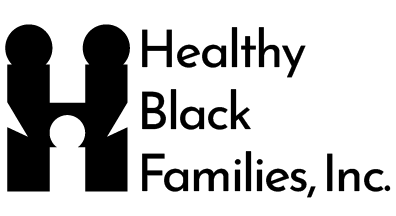As funders and as a nation, we must examine the debt owed to the enslaved Africans and their descendants whose forced labor fueled the global economy for centuries and generated the wealth that built this country. The call for economic reparations for Black Americans has gone unanswered for centuries. Today, California can answer the call and atone for the unjust enrichment of this state from slavery together with the systematic and multi-generational exclusion of Black Americans from economic and social opportunities.
Read MoreWhen the pandemic first hit, Lexis-Olivier Ray began seeing handwashing stations pop up around Los Angeles neighborhoods. It didn’t take long for him to notice that the stations, advertised by city leaders as a means of halting the spread of COVID-19 among the unhoused community, were not being maintained
Read MoreDuring the general election, your vote selects the final candidate for a given elective office and determines which ballot propositions pass or fail. California Black Power Network has provided a November election facts sheet located below:
Read MoreThe Sum of Us is a brilliant analysis of how we arrived here: divided and self-destructing, materially rich but spiritually starved and vastly unequal. McGhee marshals economic and sociological research to paint an irrefutable story of racism’s costs, but at the heart of the book are the humble stories of people yearning to be part of a better America, including white supremacy’s collateral victims: white people themselves. With startling empathy, this heartfelt message from a Black woman to a multiracial America leaves us with a new vision for a future in which we finally realize that life can be more than zero-sum.
Read MoreThis article is an update of the original White Supremacy Culture article published in 1999. While I wrote the words on the pages that became the White Supremacy Culture article all those years ago, I want to make it clear that I do not consider the original article or the website that is an extension of the article, my work. I feel a sense of stewardship rather than of ownership.
Read MoreThis article is the first article of Community Strategies for Systemic Change, a series that is being co-produced by the Local Initiatives Support Corporation (LISC) and NPQ. In the series, urban and rural grassroots leaders from across the United States share how their communities are developing and implementing strategies—grounded in local places, cultures, and histories—to shift power and achieve systemic change.
Read MoreHouseholds across America are facing barriers to affordable housing, delayed healthcare, and problems affording food—with these trends being acutely felt among Black, Latino, and Native American families.
Read MoreHealthy Black Families, Inc. , Mesu Strategies, LLC, and The Center for Food, Faith and Justice combined efforts in addressing the dangers of sugary sweetened beverages.
Read MorePlease note that the California Apartment Association has issued guidelines urging landlords to freeze rents and halt evictions for tenants affected by the corona-virus and waive late fees through May 31.
Read MoreCuba is now recognized by the United Nations as having one of the lowest rates of maternal mortality, infant mortality and Caesarian sections in the world. Our tailored immersion program was led by experts in the field, who helped us develop this specific curriculum.
Read MoreWe are wishing everyone a wonderful prosperous new year! This year, 2020, will be a great year for all of us. A HUGE thank you to all of our supporters, community partners, community members, STEP leaders, water ambassadors, staff, and Board for a great 2019.
Read MoreView Healthy Black Families’ article on COVID-19 resources.
Some of the questions that are answered:
What is HBF doing to support staff and the community? How can you support now? How can you support beyond COVID-19?
Read More












